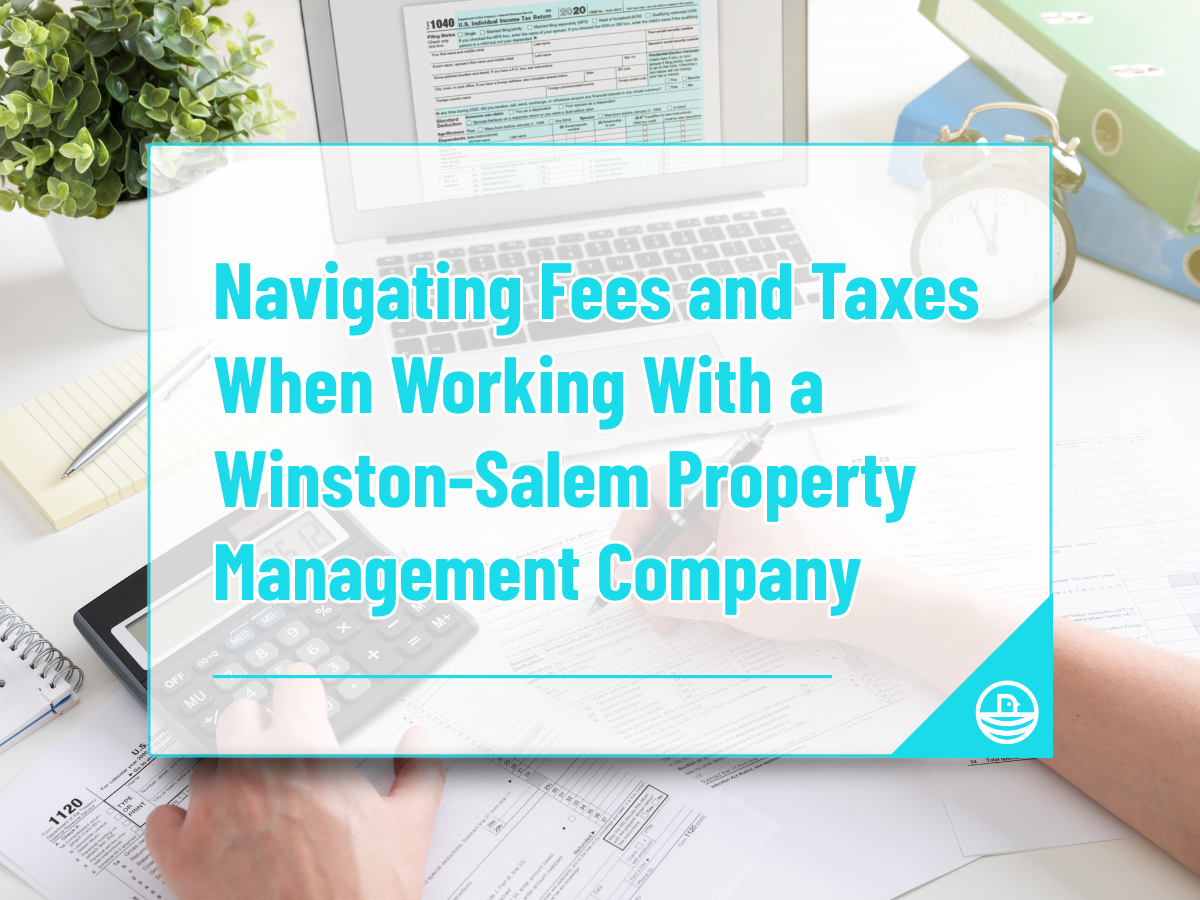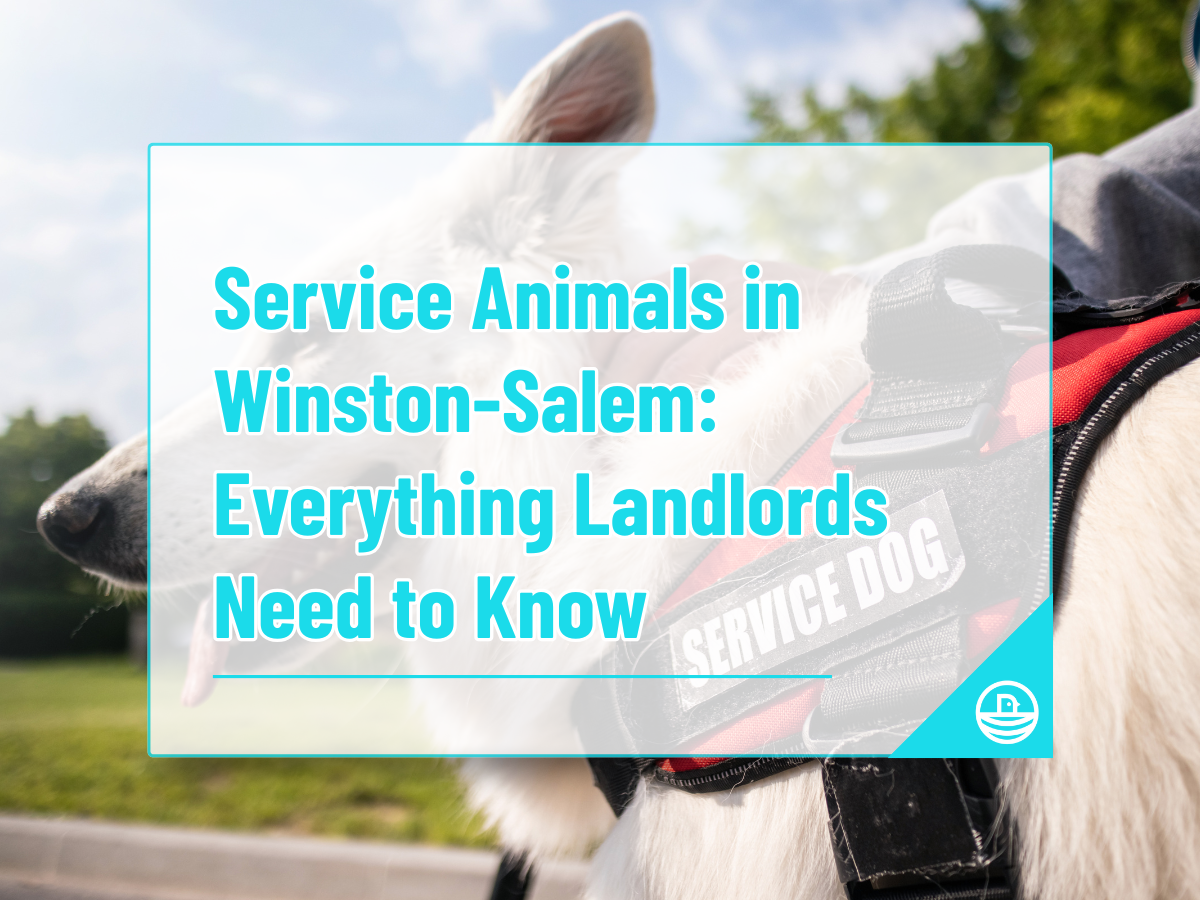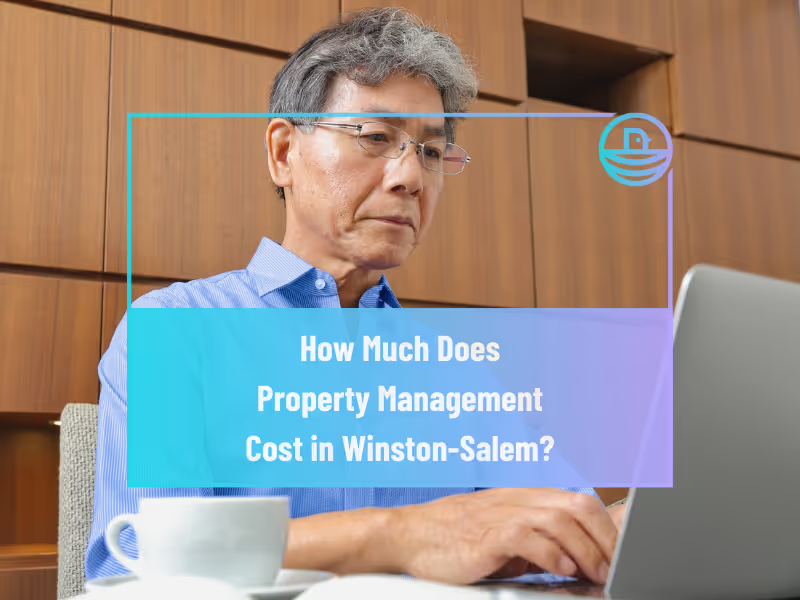Navigating Fees and Taxes When Working with a Winston-Salem Property Management Company
Hiring a property management company in Winston-Salem can feel like gaining a business partner who knows the local market inside out. Yet that convenience does not come without a price tag. From management fees to municipal taxes, every dollar paid or collected has consequences for cash flow and overall return on investment. Understanding those consequences early helps investors avoid budget-busting surprises and positions them to make smarter portfolio decisions.
This article breaks down the most common fees for property management services, state and local taxes, and reporting obligations, which accompany rental ownership in the Winston-Salem area. By exploring real-world rates, practical tracking tips, and the advantages of professional advice, landlords will be better equipped to maintain compliance while keeping profit margins intact.
The Importance of Financial Preparedness
Successful real-estate investing often hinges on foresight. Industry surveys by the National Association of Residential Property Managers show that unexpected costs are the number-one reason first-time landlords sell within five years. Creating a detailed budget that accounts for both predictable and incidental expenses is therefore essential. In Winston-Salem, standard management fees range from 8% to 12% of gross monthly rent, while lease-up fees average half to a full month’s rent. Deposits for reserve funds, marketing surcharges, and annual inspection charges can add another 2% to 3% to yearly operating expenses.
Financial preparedness also cushions owners against seasonal fluctuations. For example, heating system breakdowns spike during North Carolina’s colder months, and a single emergency repair can erase several months of net income. A clearly defined reserve fund—often set at $250 to $500 per unit under local management agreements—keeps maintenance calls from turning into debt. Planning for taxes in advance, rather than reacting at filing time, further safeguards operating cash and reduces penalties.
Property-Related Taxes
Property owners in Winston-Salem face a blend of municipal, county, and state taxes. The combined property tax rate for Forsyth County and the City of Winston-Salem currently hovers around 1.11% of assessed value. On a $250,000 rental, that equals roughly $2,775 each year, typically paid in two installments. Management contracts often allow the company to remit these bills directly from the owner’s account, but the underlying obligation remains with the landlord.
Beyond ad valorem taxes, rental income is subject to both federal and state income tax. North Carolina levies a flat 4.75% individual income tax rate, while federal brackets range higher. Short-term rentals of fewer than 90 days also trigger a 6% state-level occupancy tax and a 3% local room occupancy tax, collected by the property manager and forwarded to the Department of Revenue. Failure to remit on time can incur penalties of 10% of the tax due, plus interest, so ensuring the management company files these statements promptly is vital.

Tracking and Reporting Expenses
Meticulous records transform a pile of receipts into legitimate deductions. The IRS Schedule E allows owners to offset rental income with expenses such as management fees, repairs, travel to the property, utilities, and depreciation. Software platforms like AppFolio and Buildium, widely used by Winston-Salem management firms, provide downloadable ledgers that integrate seamlessly with popular tax software. Still, those ledgers are only as accurate as the data entered—owners should verify that capital expenditures, such as a new roof, are properly categorized for depreciation rather than immediate deduction.
Setting up separate bank and credit card accounts exclusively for rental activity simplifies reconciliation at year-end. In the event of an audit, dedicated accounts demonstrate a clear firewall between personal and business funds, strengthening the owner’s position. Monthly reconciliation also helps catch duplicate charges or missed vendor invoices early, avoiding the snowball effect of unresolved errors. Consistent record-keeping not only slashes tax liability but also supplies valuable benchmarks when evaluating whether the management company is improving net operating income over time.
Hiring a Tax Professional
The U.S. Tax Code includes more than 100 provisions that apply specifically to real-estate investors, making professional guidance worthwhile. Certified Public Accountants (CPAs) or Enrolled Agents (EAs) familiar with North Carolina property laws can uncover credits and depreciation strategies that offset thousands of dollars annually. For example, cost-segregation studies, which break down building components into shorter depreciation schedules, can accelerate write-offs and boost year-one cash flow by up to 20%, according to industry case studies.
When vetting a tax professional, landlords should ask about their experience with multi-unit portfolios, familiarity with Form 1099 issuance for subcontractors, and proficiency in digital bookkeeping systems. A proactive advisor coordinates directly with the property manager to obtain year-end statements, reducing data-entry errors. While professional fees range from $350 to $1,000 per rental property return, the savings from strategic planning—plus reduced audit risk—often outweigh the upfront cost.
Local Tax Regulations and Variations
North Carolina municipalities enjoy a degree of autonomy in setting inspection schedules, permit requirements, and nuisance fines, each of which can influence a landlord’s bottom line. Winston-Salem’s Rental Property Registration Ordinance, for instance, requires owners of properties with chronic code violations to pay a $50 annual registration fee. Properties with repeated police calls may also incur a chronic nuisance fee of up to $500. While reputable management companies stay ahead of such issues through routine inspections, landlords ultimately remain financially responsible.
Investors holding property in surrounding towns such as Kernersville or Clemmons must also account for small but consequential differences. Kernersville levies a $15 per-unit privilege license for short-term rentals, whereas Clemmons currently imposes none. Failing to recognize those nuances can result in surprise assessments. Before acquiring additional units, reviewing each jurisdiction’s latest ordinances and consulting your property manager about projected compliance costs ensures that pro forma statements reflect real-world obligations.
Final Thoughts: Navigating Fees and Taxes When Working With a Winston-Salem Property Management Company
Fees and taxes are inevitable companions to real-estate investing, but they need not erode profitability. By researching average management costs, setting aside adequate reserves, and leveraging technology for expense tracking, landlords create a financial safety net that translates into steadier returns. Awareness of local tax quirks—such as occupancy levies and nuisance fees—further refines projections and guards against unpleasant surprises.
Finally, engaging a qualified tax professional turns complex regulations into strategic opportunities. When paired with a diligent Winston-Salem property management company, that expertise forms a winning combination: one party maximizes day-to-day operations, while the other optimizes after-tax income. Together, they allow landlords to focus on portfolio growth rather than paperwork, ensuring that every dollar earned finds its most productive use.
If you’d like to work with a top-tier, fairly priced company, look no further than Evernest. Our Winston-Salem property management team is ready to assist you!













